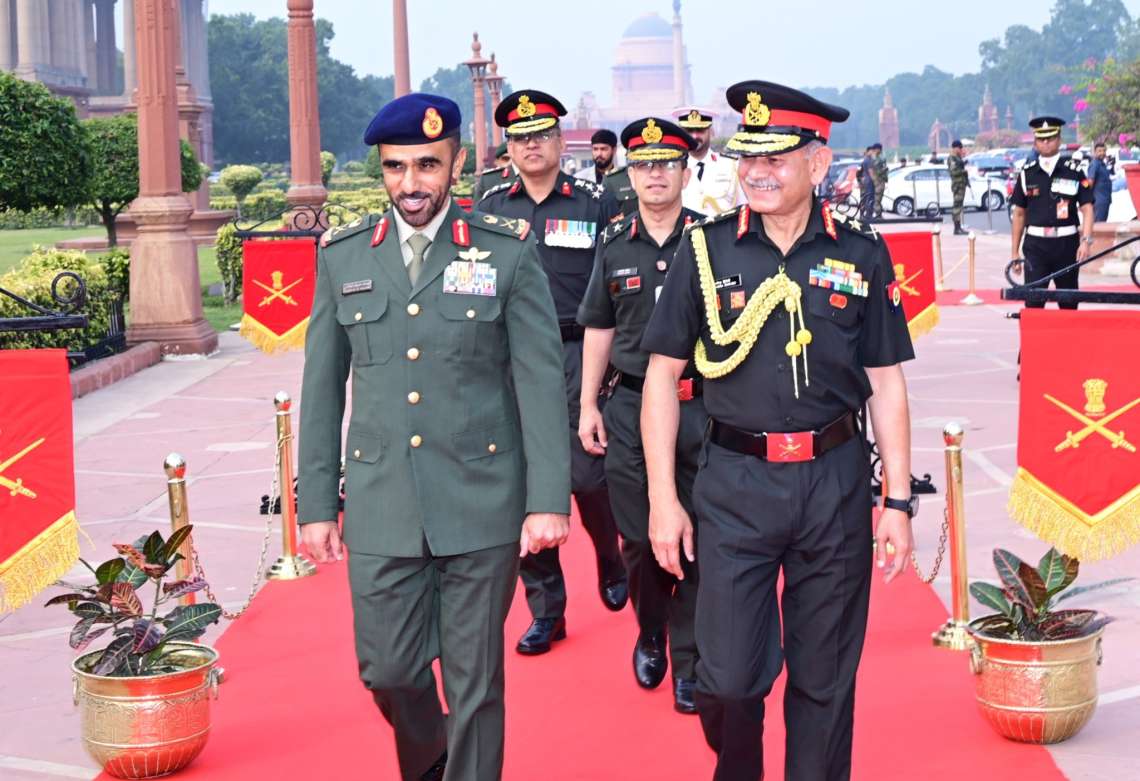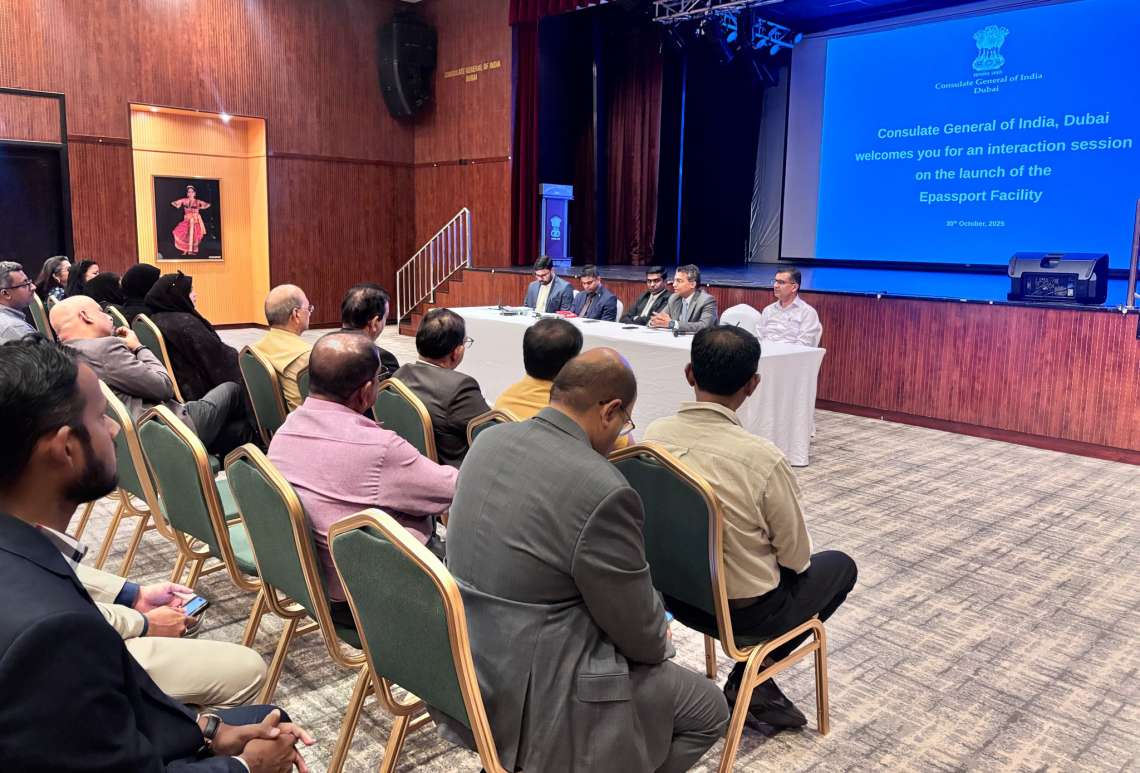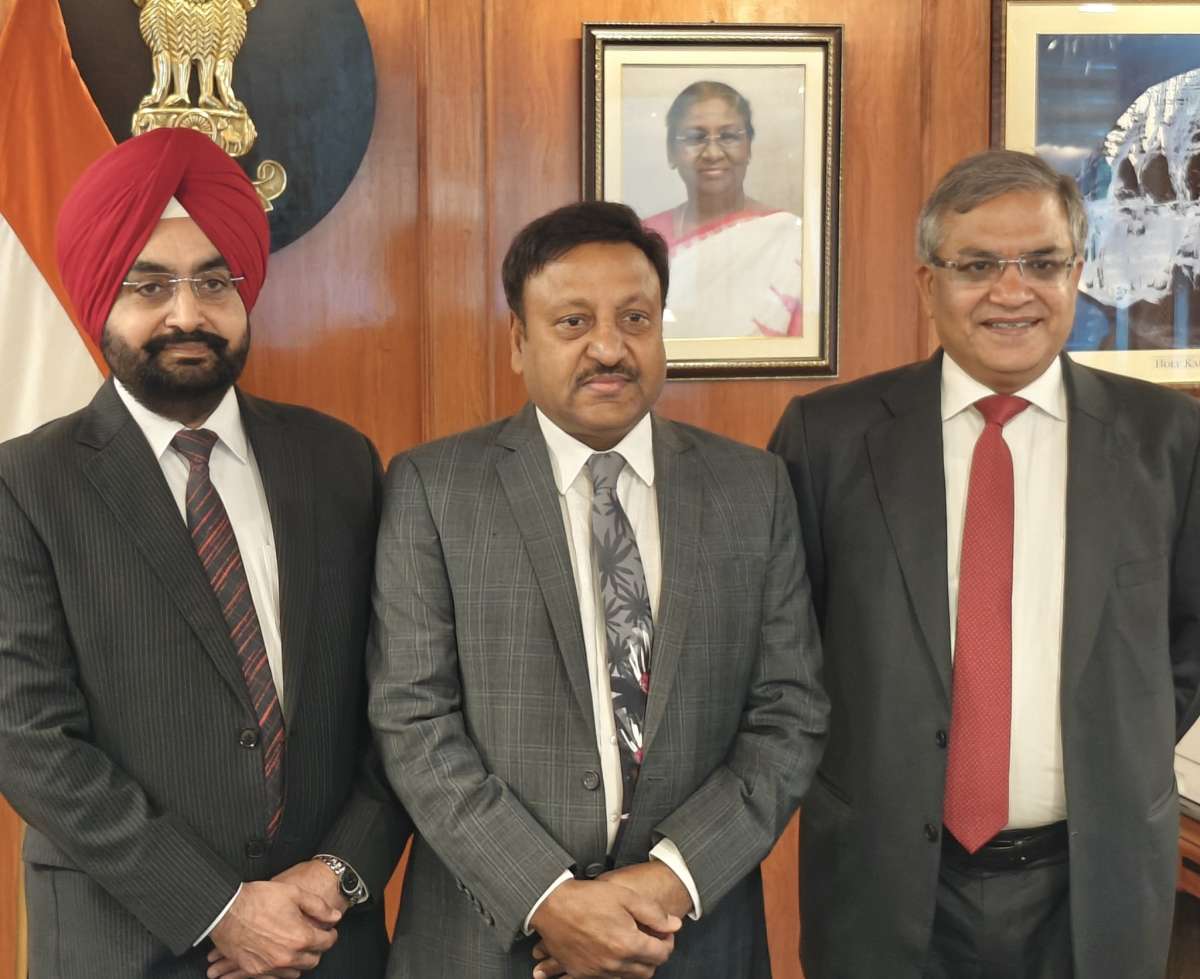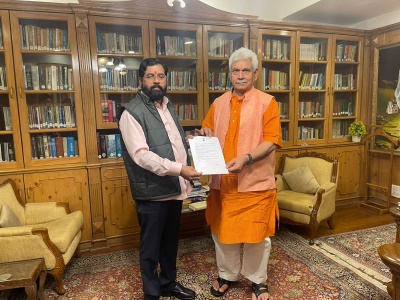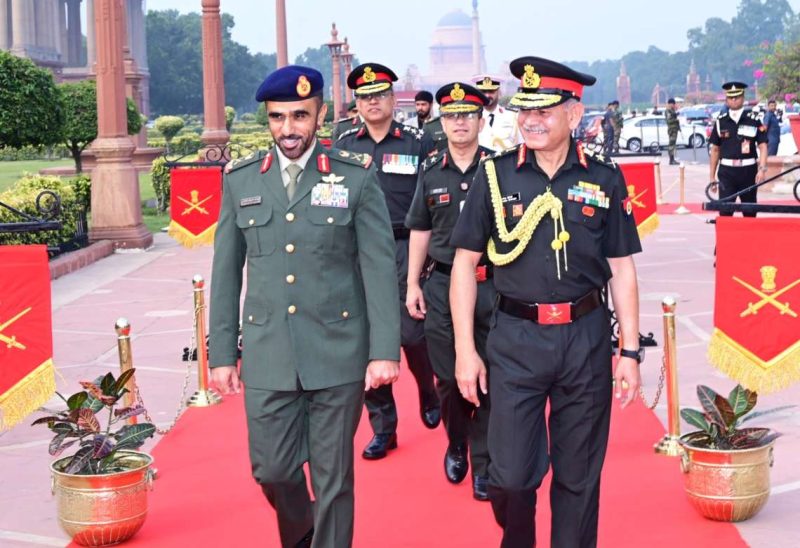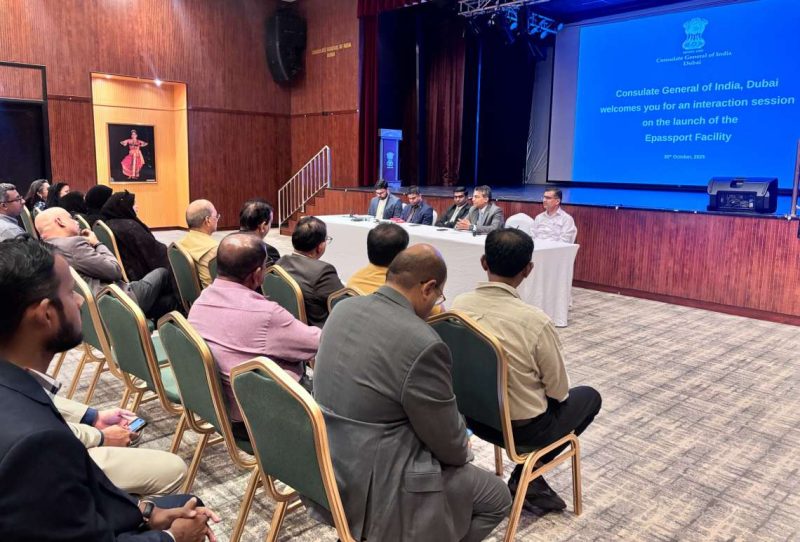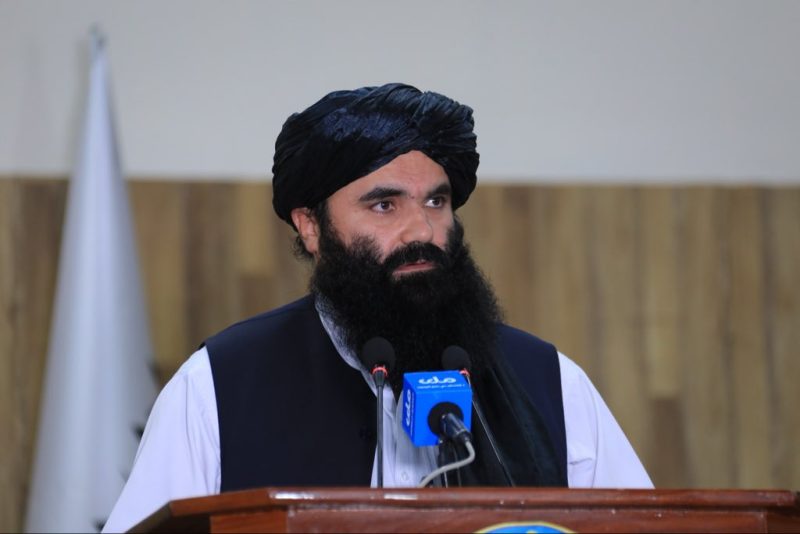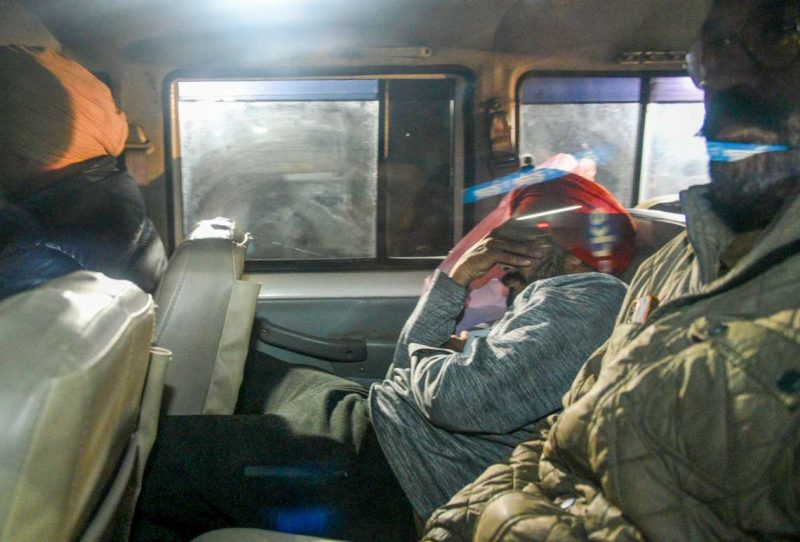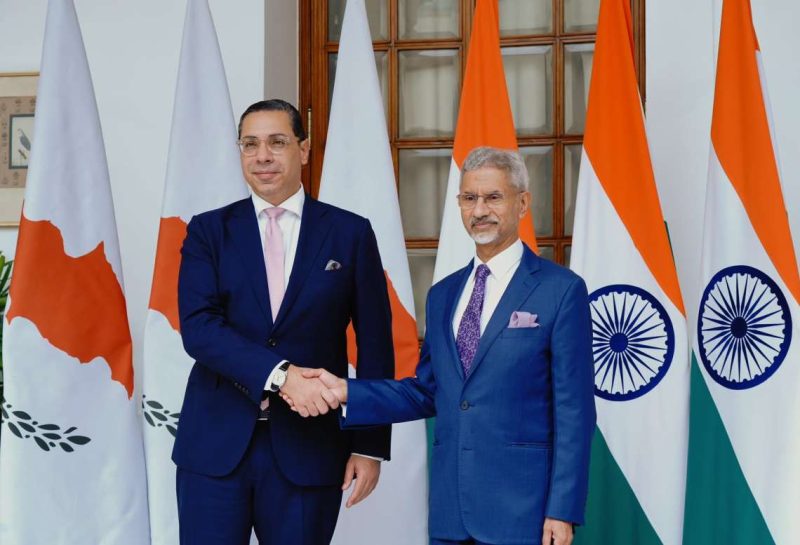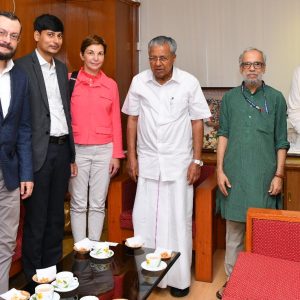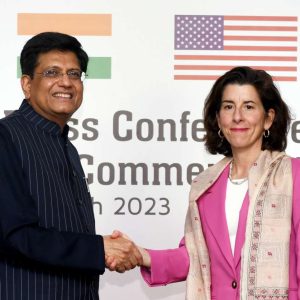Commerce Ministry on Friday said the policy is designed to attract investments in the e-vehicle space by reputed global EV manufacturers….reports Asian Lite News
The Central government has approved a scheme to promote India as a manufacturing destination so that e-vehicles (EV) with the latest technology can be manufactured in the country.
Commerce Ministry on Friday said the policy is designed to attract investments in the e-vehicle space by reputed global EV manufacturers.
The policy fixes a minimum investment of Rs 4,150 crore (∼USD 500 million) for foreign companies who want to set up electric vehicle manufacturing facilities in India. The scheme which aims to attract investments from leading EV manufacturers, such as Elon Musk-led Tesla, does not fix any upper limit on the investments.
The scheme also stipulates a 3 years timeline for setting up manufacturing facilities in India and starting commercial production of EVs. It lays down that 50 per cent domestic value addition in manufacturing must be reached within 5 years at the maximum.
Companies setting up manufacturing facilities for EVs will be allowed limited imports of cars at lower custom duty as an incentive.
The highlights of the scheme are:
* Timeline for manufacturing: 3 years for setting up manufacturing facilities in India, and to start commercial production of e-vehicles, and reach 50 per cent domestic value addition (DVA) within 5 years at the maximum.
* Domestic value addition (DVA) during manufacturing: A localisation level of 25 per cent by the 3rd year and 50 per cent by the 5th year will have to be achieved.
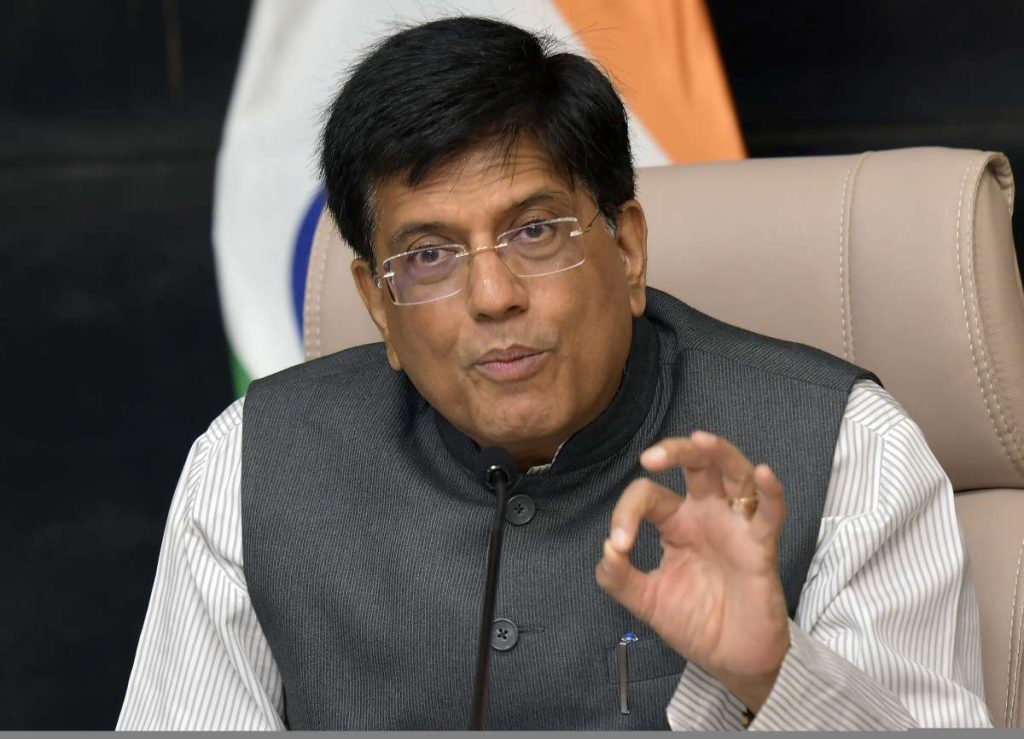
* The customs duty of 15 per cent (as applicable to CKD units) would be applicable on the vehicle of minimum CIF value of USD 35,000 and above for a total period of 5 years subject to the manufacturer setting up manufacturing facilities in India within a 3-year period.
* The duty foregone on the total number of EV allowed for import would be limited to the investment made or 6484 cr (equal to incentive under PLI scheme) whichever is lower. A maximum of 40,000 EVs at the rate of not more than 8,000 per year would be permissible if the investment is of USD 800 Mn or more. The carryover of unutilised annual import limits would be permitted.
* The Investment commitment made by the company will have to be backed up by a bank guarantee in lieu of the custom duty forgone.
* The Bank guarantee will be invoked in case of non-achievement of DVA and minimum investment criteria defined under the scheme guidelines.
The Commerce Ministry said that the scheme is aimed at providing Indian consumers with access to the latest technology, boost the Make in India initiative, strengthen the EV ecosystem by promoting healthy competition among EV players leading to a high volume of production, economies of scale, lower cost of production, reduce imports of crude oil, lower trade deficit, reduce air pollution, particularly in cities, and will have a positive impact on health and environment.



